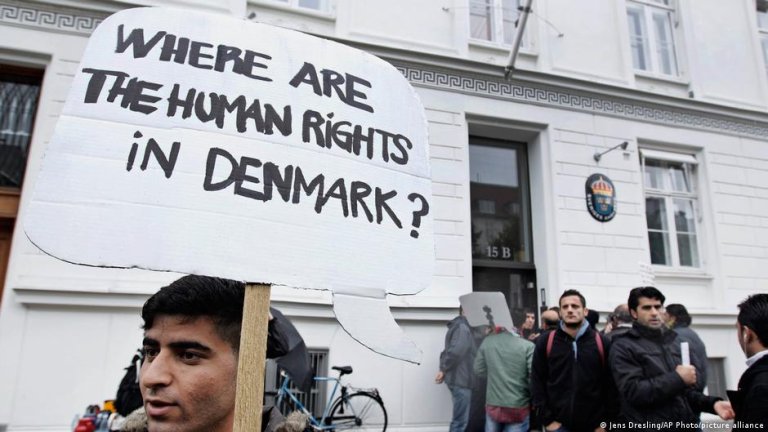
The European Union is witnessing a significant shift in its approach to asylum seekers, particularly from Syria, as political and security developments in the region prompt member states like the Netherlands and Germany to reconsider their policies. The evolving situation reflects ongoing debates on how to balance humanitarian obligations with national security concerns.
In the Netherlands, recent reports indicate that the Minister of Asylum and Immigration, Marjolieen Faber, is considering the possibility of deeming certain areas in Syria safe enough to return refugees. This move comes amid a growing trend among some Dutch political parties advocating for the return of Syrian refugees if their home regions are deemed stable. However, the Dutch Ministry of Foreign Affairs currently maintains that no area in Syria can be classified as safe, though it acknowledges disparities in safety levels across the country.
The potential policy shift could have far-reaching implications, as Syrians have comprised the largest group of asylum seekers in the Netherlands in recent years. In 2023 alone, 13,000 first-time asylum applications were filed by Syrians. Additionally, around 40,000 refugees, mostly Syrians, are awaiting family reunification in the Netherlands. If the government proceeds with policy changes, asylum seekers may be required to provide additional evidence of danger in their home regions to avoid deportation.
While Minister Faber’s proposal is still under consideration, any final decision will likely face judicial scrutiny. Dutch courts have the authority to challenge decisions made by the Immigration and Naturalization Service (IND) if it declares part of Syria safe for returnees.
In Germany, a similar legal shift is underway. A recent ruling by a German appeals court denied temporary protection to a Syrian asylum seeker on the grounds that his home region no longer posed a threat to his life. The ruling, issued on July 16, has set a legal precedent that could influence future asylum cases. The court determined that the plaintiff, who had been convicted of human trafficking in Austria, did not face political persecution in Syria and therefore did not qualify for protection.
This ruling comes amid heightened scrutiny of Germany’s asylum policies following a tragic stabbing attack earlier this month at a diversity festival in Solingen, which left three people dead and eight others injured. The attacker, a 26-year-old Syrian refugee, was identified by German authorities. The incident has reignited political debates over the deportation of asylum seekers, particularly those from Syria and Afghanistan.
In response to the attack, the German government announced a new package of measures aimed at tightening immigration and asylum policies, as well as enhancing security. These measures include stricter gun laws, expanded powers for law enforcement, and efforts to combat extremism. Notably, the government is pushing to accelerate the deportation of dangerous criminals, including those from Syria and Afghanistan, and to revoke protection status for refugees who travel back to their home countries without compelling reasons.
German Chancellor Olaf Scholz emphasized the urgency of these measures during a visit to Solingen, stating that the government would do everything possible to ensure that individuals who are not allowed to stay in Germany are deported swiftly. However, the German Foreign Ministry reiterated that Syria remains an unsafe country, citing ongoing conflicts and instability, complicating deportation efforts.








